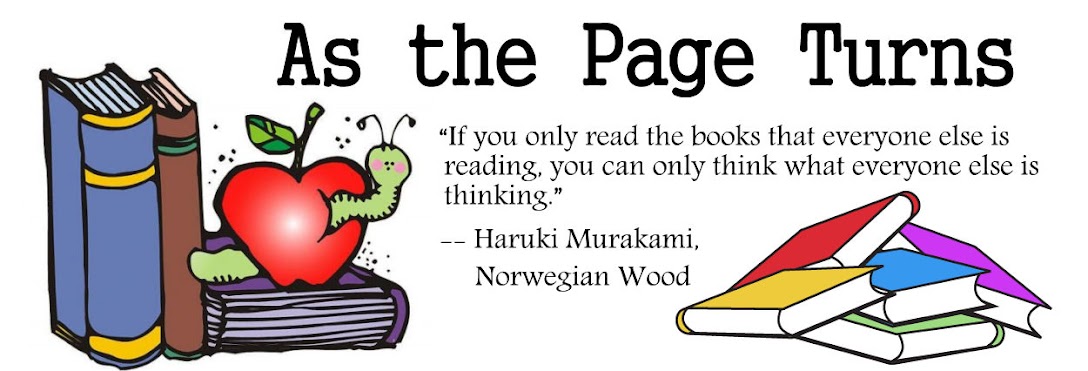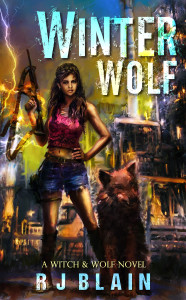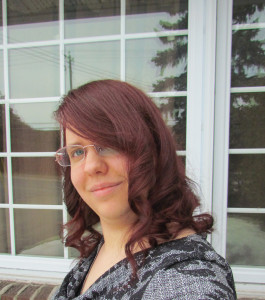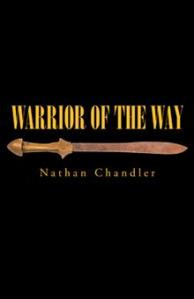Mary-Lou Stephens
studied acting and played in bands before she got a proper job -in radio. She
writes whenever she's not behind the microphone or heading off to a meditation
retreat.
Mary-Lou has
garnered rave reviews for her memoir Sex, Drugs and Meditation, the true story
of how she changed her life, saved her job and found a husband, all with the
help of meditation. She lives in Australia with that very same husband, their dog and
a hive of killer native bees.
How
To Stay Married is the
sequel to Sex, Drugs and Meditation and is the truth behind the happy
ending.
Mary-Lou is a
blogger for The Huffington Post, a columnist for Holistic Bliss and a regular
at writing festivals and events.
Visit Mary-Lou’s
website at http://maryloustephens.com.au
Twitter: https://twitter.com/MissyMaryLou
About the Book
Title: How to Stay Married
Author: Mary-Lou Stephens
Publisher: Nelson Bay
Pages: 203
Genre: Self-Help/Relationships/Love and Romance
Format: Paperback/Kindle
Author: Mary-Lou Stephens
Publisher: Nelson Bay
Pages: 203
Genre: Self-Help/Relationships/Love and Romance
Format: Paperback/Kindle
Do you dream of
finding the right person to spend your life with? Are you in a strong
relationship already and want to keep it that way? Or perhaps your marriage is
a little tarnished and you hope to make it shine again?
You’ve come to the
right place. While How to Stay Married isn’t your regular ‘how-to’ book, it is
about creating the kind of relationship you want.
This is the story
of a marriage; a journey from fear, resentment and financial devastation, to a
place of love, joy and trust.
Mary-Lou Stephen’s
first book Sex, Drugs and Meditation chronicled how meditation changed her
life, saved her job and helped her find a husband. How To Stay Married, is the
truth behind the happy ending.
How to Stay Married
takes us around the world; from the glitter and glare of Las Vegas to the
sub-zero temperatures of the French Alps and the tropical heat of Thailand, all
with cabin luggage only.
The discoveries
Mary-Lou makes regarding herself and her marriage are a modern day parable
about learning to travel light in life, love and relationships.
Can you tell us what your book is about?
How To Stay Married
is the sequel to Sex, Drugs and
Meditation - the true story of how I changed my life, saved my job
and found a husband, all with the help of meditation.
How To Stay Married is the truth behind the happy ending. It’s the story of a marriage; a journey from fear,
resentment and financial devastation, to a place of love, joy and trust.
Why did you write your book?
When my husband and I traveled around the world with cabin luggage only, my friends told me I should
write a book about how to travel light. I didn’t think that subject alone would
make an interesting book until I saw it as a metaphor for my marriage.
How to Stay Married takes
us around the world; from the glitter and glare of Las Vegas to the sub-zero
temperatures of the French Alps and the tropical heat of Thailand, all with cabin luggage only.
The
discoveries I made regarding myself and my marriage are a modern day parable
about learning to travel light in life, love and relationships.
What kind of
message is your book trying to tell your readers?
While How to Stay Married
isn’t your regular ‘how-to’ book, it is about creating the kind of relationship
you want. There’s a list of Seven Tips
For a Happy Marriage (and one from my mum) at the end of the book and by the
time you’ve read the book you’ve seen how these tips have played out in my own
relationship. But really it’s the tip from my mum that sums it up best:
On her deathbed my mother gave our marriage her
blessing. “Remember darling,” she said. “Love is a decision. Every day you make
the decision to love the person you’re with. Keep making that decision every
day and you’ll have a long and happy marriage, even when it’s not all that
happy.”
With the help of all these tips and with everything
we’ve learned, The Hubby and I continue on our journey with hope and with love.
My wish for my readers and the ones they love is for happy trails and many
adventures along the way.
Is it hard to
publish a nonfiction book?
The publisher at
Pan Macmillan, who published my first book Sex, Drugs and Meditation, asked me why I didn’t use my contacts as a presenter for ABC
Radio to get a book deal. I answered that I wanted to get a deal the same way
anyone else would. I didn’t want to muddy the waters. I’m constantly approached
by the publicists from publishing companies to interview their authors and I
didn’t want to make that situation awkward for anyone.
I submitted Sex,
Drugs and Meditation through the open submission process that all the big
publishers have at present. After many emails and a few hoops to jump through I
was offered a contract. I was over the moon.
When Pan Macmillan
decided not to publish the sequel, How
To Stay Married, I was
disappointed but not surprised. My first book hadn’t sold enough copies to
warrant them including a sequel in their list. But I love this book and a lot
of heart and hard work has gone into it. It’s a very good book. So I thought
I’d jump into the waters of self publishing.
It is hard being as
honest as you need to be to make a memoir truly shine. I did a lot of soul
searching before the final draft of Sex,
Drugs and Meditation was ready.
I could have lost my job because of what’s written in those pages. I took the
risk and I have a fabulous book and I still have my job. I’ve been described as
brave by readers and reviewers alike. How
To Stay Married makes me braver
still.
Which
author(s) do you admire?
I admire any one
who writes a book, who gets to the end and then writes another draft and then
another and another, who does many edits and takes on advice from their
editors. I admire authors who support authors, who are generous with the little
time they have left over from their own writing, their day job in many cases,
and all the other work that goes into the business of writing. Walter Mason
is a great example of such a writer. His own books are poignant, personal and
humorous travel memoirs. He’s always promoting other writers and is constantly
generous with his time and knowledge. And he’s a wonderful writer.
What would you
do with an extra hour today if you could do anything you wanted?
I would read more.
I love reading but I usually squeeze it in at the end of the day when I’m tired
and my eyes just want to close. There’s nothing better than reading in bed and
I could easily do an extra hour of it everyday.
If we were to
meet for lunch to talk books, where would we go?
You’d come to my
place and I’d cook you something delicious (I love cooking and somehow a recipe
always ends up in my books). We’d talk about the books in my book shelves, some
you would have already read others would interest you. We’d compare notes and
you’d give me some recommendations of books you’re sure I would love too. (And
you’d drool over my impressive collection of cookbooks.)
What kind of
advice would you give other non-fiction authors?
If you’re writing
memoir - be brave. I had strong interest from a literary agent many years ago
after she’d read the first chapter of Sex,
Drugs and Meditation.
She asked to see
the rest of what I’d written. This was early on in my writing career and I
hadn’t learnt the lesson yet of never showing anyone first draft material. As
Stephen King says, “Write the first draft with the door closed. Write the
second with the door open.”
The literary agent
told me that if I was going to write the book she wanted to read I would have
to get honest, really honest. That advice scared me so much I stopped writing
the memoir and wrote a novel instead. When I found my courage I finished the
book and after many more drafts was offered a publishing contract.
















